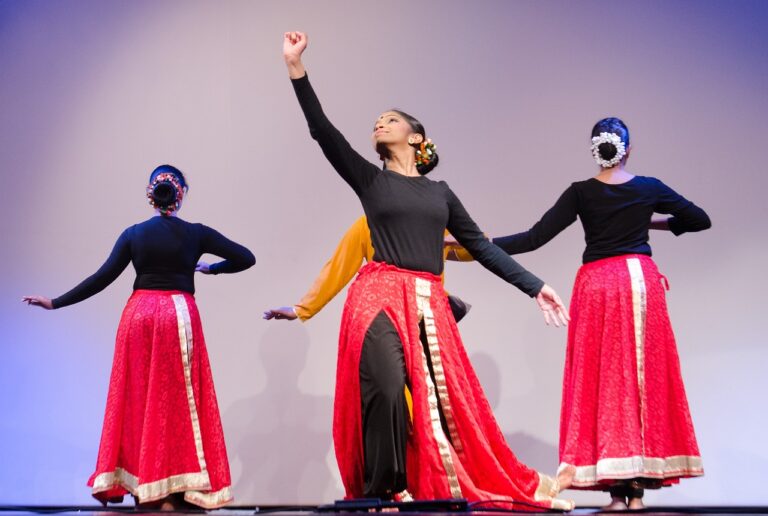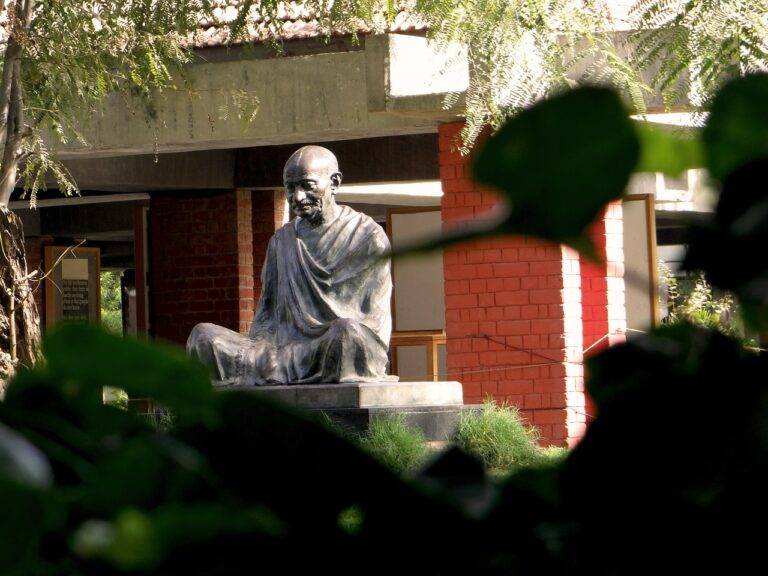The Role of Media Training in Political Campaign Preparation
In media training, individuals are equipped with the necessary skills to effectively engage with the media. This training typically includes understanding how to communicate key messages clearly and concisely, as well as how to handle challenging questions from journalists. Participants are also taught the importance of body language, tone of voice, and overall presentation during media interactions. This foundational knowledge helps individuals navigate various media platforms with confidence and professionalism.
Moreover, media training often covers strategies for staying calm under pressure and steering interviews back to key talking points. Participants learn techniques for controlling the direction of conversations and ensuring that their intended message is effectively delivered. By practicing mock interviews and receiving constructive feedback, individuals can hone their communication skills and enhance their overall media presence. These basic yet essential skills are crucial for anyone looking to build a strong rapport with the media and effectively convey their message to a wider audience.
Understanding the Importance of Media Training
In today’s fast-paced world, where information travels at the speed of light and communication is key, media training has become a crucial tool for individuals and organizations alike. Media training equips individuals with the necessary skills to effectively communicate their message to the public through various media channels such as television, radio, print, and digital platforms. By honing their communication skills and learning how to confidently navigate interviews and press interactions, individuals can ensure that their message is clear, concise, and well-received by their target audience.
Moreover, media training also helps individuals and organizations manage potential crises and negative publicity. In times of crisis, having the ability to effectively communicate with the media can make all the difference in how a situation is perceived by the public. Media training teaches individuals how to stay calm under pressure, address difficult questions, and maintain control of the narrative, thus minimizing the risk of further damage to one’s reputation. Ultimately, investing in media training not only enhances one’s communication skills but also safeguards their reputation and credibility in an increasingly competitive and scrutinizing media landscape.
Key Skills Taught in Media Training
In media training, one crucial skill that is often emphasized is the art of effective communication. This includes learning how to convey messages clearly and concisely, as well as how to tailor your communication style to different audiences. Through practice and feedback, participants can improve their ability to speak confidently and persuasively in various media settings.
Another key skill taught in media training is the art of handling difficult questions and scenarios. Participants are typically trained on how to stay composed under pressure, how to address challenging inquiries without veering off topic, and how to navigate potentially contentious situations with grace. These skills are essential for maintaining control of an interview or press conference and ensuring that key messages are effectively communicated.
• Effective communication is a crucial skill taught in media training
• Participants learn how to convey messages clearly and tailor their communication style
• Practice and feedback help improve speaking confidently and persuasively
• Handling difficult questions and scenarios is another key skill taught in media training
• Participants are trained on staying composed under pressure and addressing challenging inquiries
• Navigating contentious situations with grace is essential for maintaining control of interviews or press conferences
What is the importance of media training?
Media training is important because it equips individuals with the skills needed to effectively communicate with the media, handle interviews, and manage their public image.
What are some key skills taught in media training?
Some key skills taught in media training include message development, interview techniques, crisis communication, body language, and media etiquette.
Who can benefit from media training?
Anyone who may interact with the media, such as public figures, spokespersons, business leaders, and professionals, can benefit from media training.
How can media training benefit organizations?
Media training can benefit organizations by helping them effectively communicate their message to the media, manage public relations crises, and enhance their public image.
How long does media training typically last?
The duration of media training can vary depending on the specific program or training provider, but it typically lasts for a few hours to a full day.







